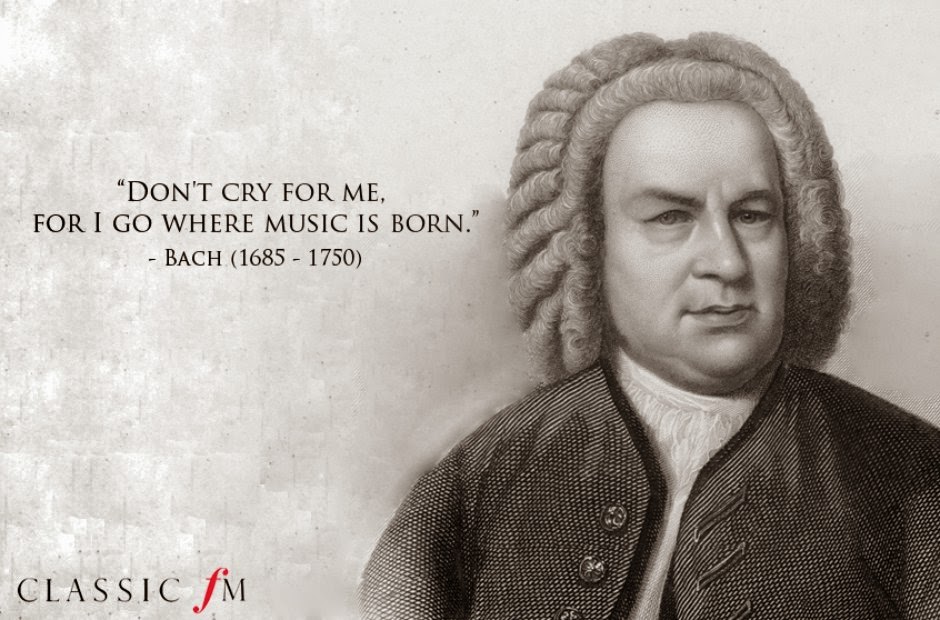
Men of the U.S. 1st Infantry Division wade “into the jaws of death,” on D-Day, 73 years ago…
* * * *
 On June 6, 2017, it will have been 73 years since the Normandy landings in World War II, otherwise known as D-Day.
On June 6, 2017, it will have been 73 years since the Normandy landings in World War II, otherwise known as D-Day.
And what – you may ask – does D-Day have to do with the Christian faith and Bible reading? One answer came in On June 6, 2016. Another answer from On D-Day and confession, from June 6, 2014. The latter talked about sin, confession, and the kind of “de-briefing” American fliers got during World War II:
Maybe that’s what the [] concepts of sin and confession are all about. (Or should be about.) When we “sin” we simply fall short of our goals; we “miss the target.” When we “confess,” we simply admit to ourselves how far short of the target we were. And maybe the purpose of all this is not to make people feel guilty all the time, as some seem to imply.
 In other words, the “negative” concepts of sin, repentance and confession are just tools to help us get closer to the target “next time out,” even if we know we can never be perfect.
In other words, the “negative” concepts of sin, repentance and confession are just tools to help us get closer to the target “next time out,” even if we know we can never be perfect.
Then too, June 6, 2016 – including the image at right – talked about the value of independent judgment rather than a “rigid obedience to a pre-formed set of ‘rules.’”
(Which seems to be just the approach advanced by boot-camp Christians. See the Notes.)
The whole point of this blog is that such independent judgment – along with regular Bible reading – is the key to success in life, and especially spiritual life. And like I mention in the notes – beginning and end – “God wants us to do even greater miracles than Jesus did.”
In turn, just like I note in the Introduction, “How can we do greater works than Jesus if we interpret the Bible in a cramped, narrow, strict and/or limiting manner?”
Which brings us back to the value of being able to think on your feet, to be able to adapt, to meet and overcome unexpected obstacles, like our forefathers did on D-Day and beyond:
During World War II, German generals often complained that U.S. forces were unpredictable… American troops [were] famous for this kind of individual initiative. It’s a point of pride among officers that the American way of war emphasizes independent judgment in the fog and friction of battle, rather than obedience and rules. (E.A.)
 Which is just the kind of Bible study and interpretation this blog is all about. (One example: Before D-Day the Allies’ created the fictitious “First United States Army Group under Lieutenant General George S. Patton, supposedly located in Kent and Sussex.” That ruse was complete with the creation of the shoulder patches seen at right, designed for the units of that fake “army.”)
Which is just the kind of Bible study and interpretation this blog is all about. (One example: Before D-Day the Allies’ created the fictitious “First United States Army Group under Lieutenant General George S. Patton, supposedly located in Kent and Sussex.” That ruse was complete with the creation of the shoulder patches seen at right, designed for the units of that fake “army.”)
But to get back on point – and as I noted in DORs for June 6, 2015 – a Bible-approach that emphasizes literalism or fundamentalism simply “stifles the very creativity that is such a big part of interacting with God.”
And all of that brings us back to why we were able to win World War II. (And on D-Day.)
Like the obstacles our servicemen faced on and following D-Day, life is unpredictable. And if you approach life by trying to force it – and yourself – into some pre-formed, pre-digested set of cubbyholes, you’re bound to fail. In turn, that’s exactly the kind of approach you’ll get if you follow the kind of fundamentalist “Bible-thumpers” who advance a way of Bible study-and-interpretation that “rewards conformism and stifles creativity.”
 On the other hand, the Bible itself tells us many times to “sing to the Lord a new song.” In other words, you are not – with your life – supposed to sing to God a “stale, warmed-over rehash, like what you tend to get by reading the Bible too literally or ‘fundamentally:'”
On the other hand, the Bible itself tells us many times to “sing to the Lord a new song.” In other words, you are not – with your life – supposed to sing to God a “stale, warmed-over rehash, like what you tend to get by reading the Bible too literally or ‘fundamentally:'”
How can we do greater works than Jesus if we interpret the Bible in a cramped, narrow, strict and/or limiting manner? For that matter, why does the Bible so often tell us to “sing to the Lord a new song?” (For example, Isaiah 42:10 and Psalms 96:1, 98:1, and 144:9.)
See On singing a NEW song to God. And that ties in with one of the Daily Office readings for June 6, 2017, Psalm 45:1: “My heart is stirring with a noble song [and] my tongue shall be the pen of a skilled writer.” And just what is the reward for all this “creative” hard work? The same reward gotten by all those brave American servicemen who died on D-Day, and beyond.
They – and we – will ultimately get to “go where the music is born…”
* * * *

* * * *
The upper image is courtesy of Normandy landings – Wikipedia. The caption: “Men of the 16th Infantry Regiment, U.S. 1st Infantry Division wade ashore on Omaha Beach on the morning of 6 June 1944.” Clicking on the picture in the Wikipedia article will lead to the attribution: “File: Into the Jaws of Death 23-0455M edit.jpg.”
Re: The “DORs” for June 6, 2017. The full set of Bible readings: “AM Psalm 45; PM Psalm 47, 48
Deut. 12:1-12; 2 Cor. 6:3-13(14-7:1); Luke 17:11-19,” and also Ini Kopuria.
The lower image is courtesy of humanlifematters.org/the-quest-to-express, and was used in the post On the DORs for June 6, 2015. That post talked about “the Bible-approach that emphasizes literalism or fundamentalism. It seems to me that such an approach can comfort some people, like those ‘creatively challenged.’ But more often it just stifles the very creativity that is such a big part of interacting with God.” As for Bach’s last words, see also Bach’s last words … The World’s Greatest Music: “‘Don’t cry for me, for I go where music is born,’ Bach said to his wife as he lay on his deathbed. Or, so the story goes…”